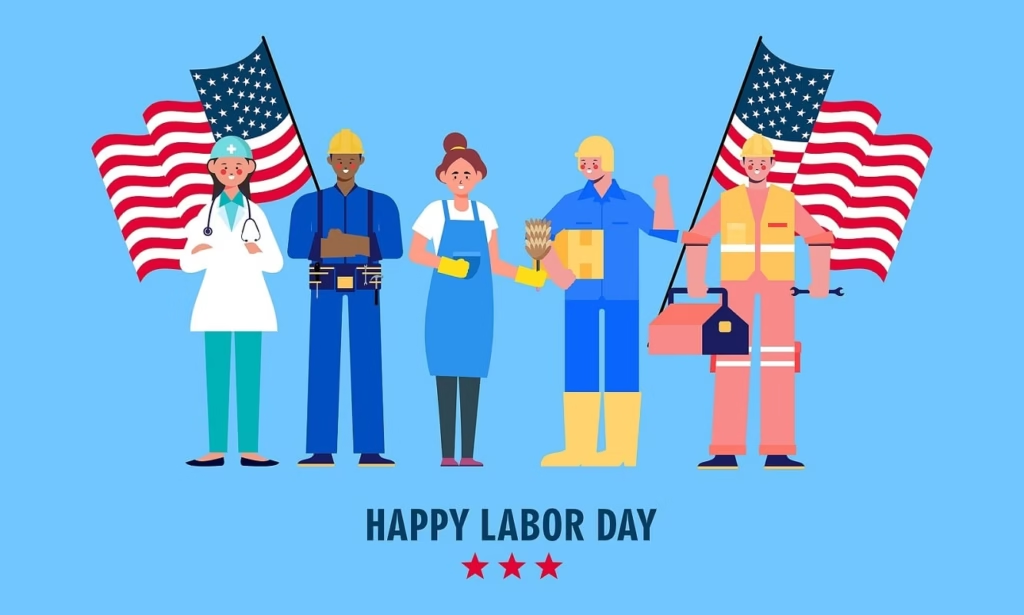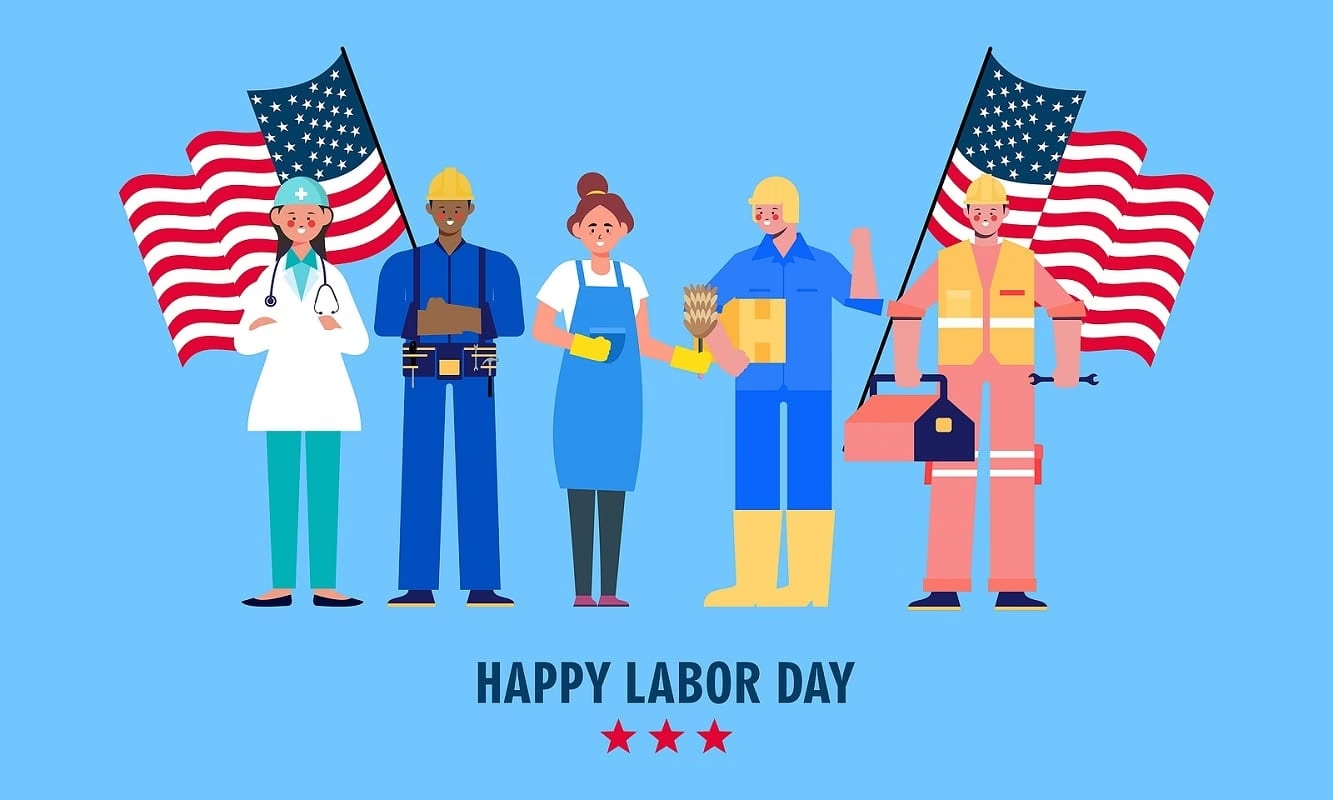
Introduction
Every September, millions of Americans pause to ask: Why is Labor Day celebrated? To many, it feels like the unofficial end of summer, complete with barbecues, travel, and retail sales. However, the holiday carries a powerful story of courage, unity, and progress.
This article explores the Labor Day meaning, the Labor Day history, and why this important holiday still matters today.
Why Do We Celebrate Labor Day?
Americans celebrate Labor Day to honor the contributions of workers who built the nation’s strength and prosperity. The holiday reflects the struggles and victories of the labor movement, which fought for fair wages, safe working conditions, and reasonable hours.
At its heart, Labor Day recognizes the dignity of work. It reminds us that every profession—whether in factories, offices, schools, or hospitals—shapes society.
The Labor Day History celebrated
The Labor Day history dates back to the late 19th century, when the Industrial Revolution created tough working conditions. Laborers endured 12-hour shifts, six days a week, often in unsafe factories. Children worked alongside adults for very little pay.
In response, labor unions organized strikes and rallies. On September 5, 1882, thousands of workers marched in New York City in the first Labor Day parade. Their goal was simple yet powerful: to demand better treatment and fair recognition.
The idea spread quickly. By 1894, following the massive Pullman Strike, President Grover Cleveland and Congress declared Labor Day a national holiday. Since then, Americans have honored workers every first Monday in September.
The Labor Day Meaning
The Labor Day meaning extends beyond a long weekend. It symbolizes justice, fairness, and unity. It represents the triumph of workers who risked their livelihoods to demand better conditions.
Every picnic, parade, or speech on Labor Day connects us back to those who believed in equality and respect for labor. The holiday reminds us that progress requires persistence.
How Americans Celebrate Labor Day
While rooted in history, Labor Day celebrations today combine tradition and leisure. Across the country, Americans honor the holiday in several ways:
1. Labor Day parades – Cities host parades with floats, music, and union members marching proudly.
2. Family gatherings – Families gather for barbecues, picnics, and outdoor activities.
3. Travel – Many take short trips, making Labor Day weekend one of the busiest travel periods of the year.
4. Sports – College football season kicks off, and fans celebrate with tailgates.
5. Shopping events – Retailers host major Labor Day sales, attracting millions of buyers.
Labor Day Weekend and Its Symbolism
For many Americans, Labor Day weekend marks the end of summer. Schools reopen, pools close, and vacations wind down. Yet, the weekend also carries a deeper message.
It reminds us to balance work with rest. The labor movement fought not just for better wages, but also for the right to enjoy family, leisure, and community.
Global Perspective on Labor Day
While the United States celebrates Labor Day in September, most countries mark International Workers’ Day on May 1, also called May Day. Despite the difference in dates, the purpose remains the same: to honor workers’ contributions and struggles worldwide.
This connection shows that labor rights matter across cultures and nations.
Why Labor Day Matters Today celebrated
Even in 2025, Labor Day holds relevance. Workers still advocate for fair pay, equality, and healthier work environments. The rise of remote work, digital jobs, and changing industries continues to reshape labor.
By remembering the Labor Day history, we stay connected to the sacrifices that gave us weekends, workplace safety, and labor protections
FAQs About Labor Day
Q1: Why is Labor Day celebrated?
Labor Day is celebrated to honor workers’ contributions and to recognize the struggles of the labor movement.
Q2: What is the Labor Day history celebrated?
The holiday began in 1882 with a parade in New York City and became a national holiday in 1894 after decades of labor strikes and activism.
Q3: What is the Labor Day meaning?
It symbolizes dignity, fairness, and recognition for the efforts of all workers.
Q4: Why is Labor Day on a Monday?
Congress chose the first Monday in September to create a long weekend and to honor workers with a national holiday.
Q5: Does Labor Day mark the end of summer?
Yes, for many Americans, Labor Day weekend represents the unofficial end of summer activities.
SEO Tags
why labor day is celebrated
labor day, labor day meaning, labor day history, why labor day is celebrated, labor day parade, labor day weekend, labor day holiday, labor day celebration
https://manyviral.com/can-trumps-big-beautiful-bill-pass-the-senate/
You might to like read this blog

Leave a Reply